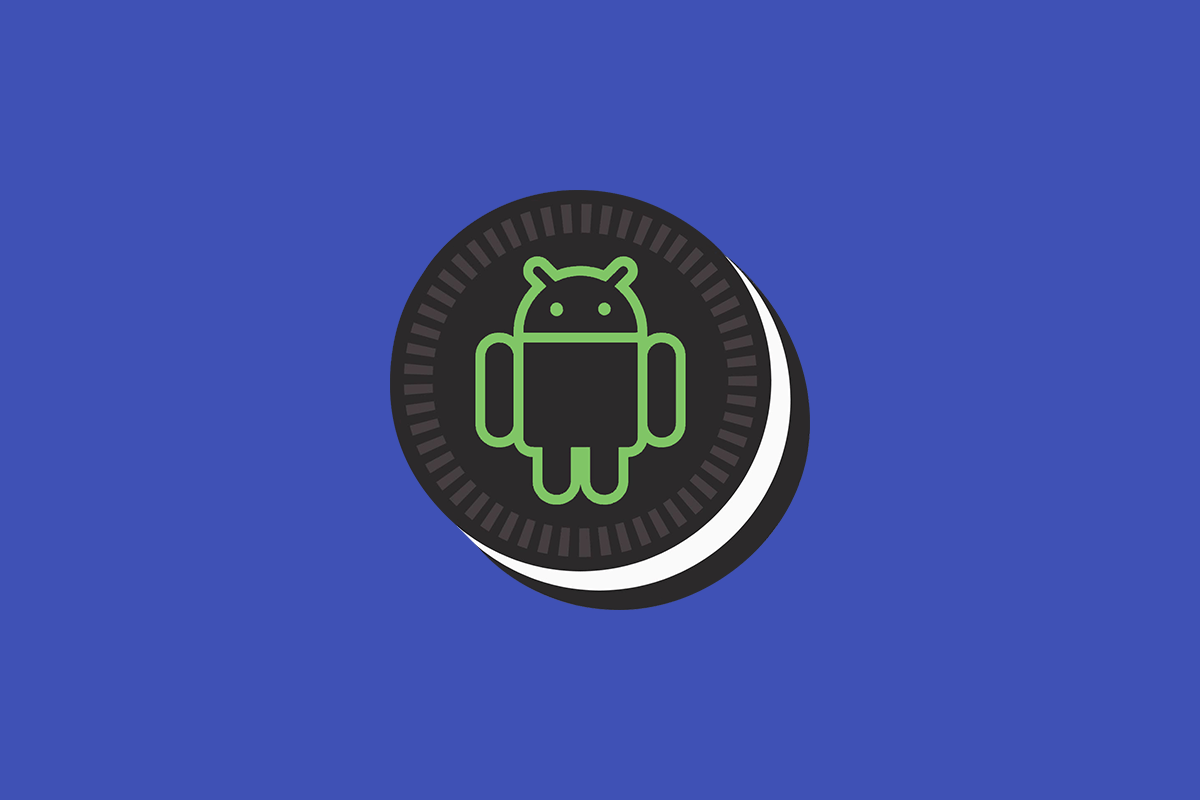The fragmentation issue in Android doesn't extend to just phones and usage numbers. The issue extends to apps, too. A lot of app developers normally skip optimizing their app to the newest Android version immediately, either supporting it several months later or not supporting it altogether. This is done because of two reasons: either the new APIs are not a priority for developers (a new Android version often takes several months before reaching a sizable audience, so it's rarely on top of a developer's to-do list) or the app keeps targeting an old version of Android on purpose (Snapchat, for one, targeted Android Lollipop for years in order to avoid implementing the granular permissions introduced on Android Marshmallow).
This resulted in awkward situations where apps were free to suck battery without any restrictions, spam notifications, and use all permissions they wanted without asking the user, as a result of an app targeting an older SDK. You could also run into situations where an app wouldn't work at all whatsoever, force closing or crashing since it wasn't supported or tested on the newest Android platform. All in all, it was a situation that clearly needed Google's intervention - and they've intervened.
Starting today, November 1st, all app updates uploaded to the Google Play Store must target at least API level 26 - meaning that your app needs to start targeting Android 8.0 Oreo and higher if you want to roll out a new update to your users, as per the new Google Play requirements. If your app is still targeting Android 7.1 Nougat or lower, you won't be able to upload a new APK to Google Play, and you won't be able to release updates. Keep in mind that we're talking about targetSdkVersion and not minSdkVersion.
Google has given developers plenty of time for updating their apps. The deadlines for targeting API 26 were first announced back in December 2017, and since August, app developers have not been able to upload new apps targeting Android Nougat or lower to the Play Store. This same requirement is simply extending to app updates today. Keep in mind that the minimum targetSdkVersion will start increasing on a yearly basis now, and apps will be forced to support at least API level 28 (Android 9 Pie) starting August 2019 (new apps) and November 2019 (app updates).
As for users, this means that all app updates released to the Play Store from this date forward should support at least the Android Oreo platform features, meaning that they will start supporting features like adaptive icons, notification channels, background restrictions, and more. If you're a developer and your app doesn't target Android Oreo yet, now's the time to do it.

